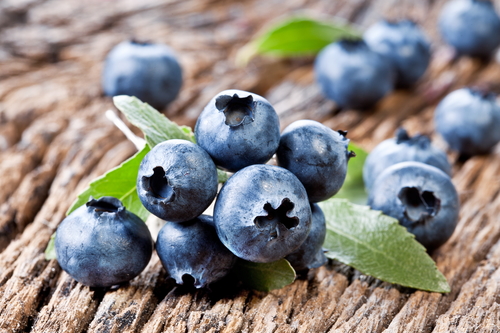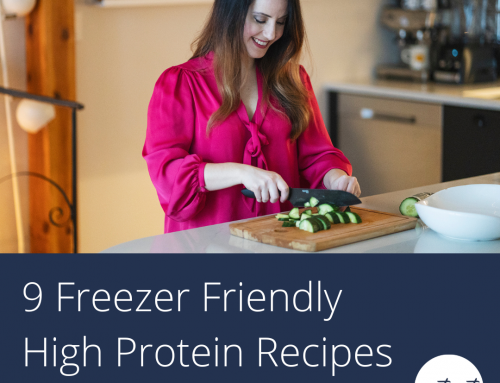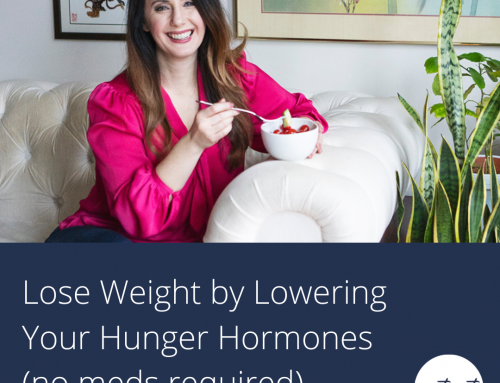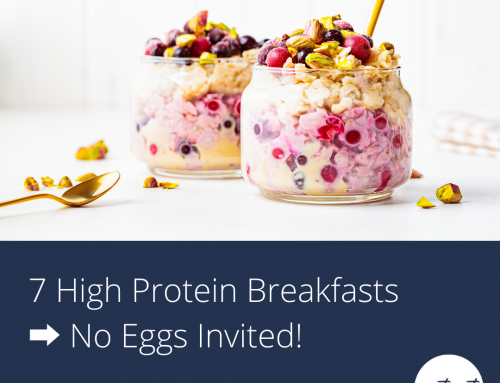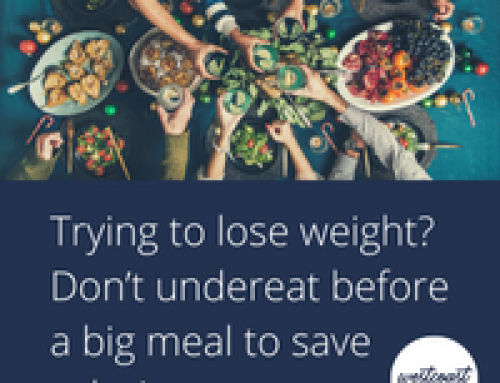Habit doesn’t sound very sexy or fun, does it? It can be a hard sell to clients, but habits and rituals are absolutely the biggest piece of building a sustainable healthy eating plan, and making it stick. Like, long-haul stick (not just 30 days until Mexico stick).
“Motivation is what gets you started. Habit is what keeps you going.” – Jim Ryun
What does habit have to do with nutrition?
Humans thrive on routines – they don’t have to be militaristic, but having some structure makes every day choices easier and diet changes more successful.
Less thought or choice= less effort = easier to get ‘er done .
Think about going to work. Most of us get up with the alarm (and maybe a snooze button or two…) and then follow a pretty set schedule of getting ready: Makeup>hair> breakfast > packing lunch > getting dressed >brushing teeth…etc.
Now imagine you had to get ready every morning with no routine. Every morning was a new wave of “What do I do first?”. Do I need to go to work today? Should I eat breakfast? Do I brush my hair or not? That constant stream of little decisions is exhausting! Interestingly enough, most of us do this with food. Every bite is an option, a decision. Every grocery store trip an open ended question. Today, we’re going to change that. This week make building one or two rituals or routines around food your priority. These rituals are what separates a “diet” from a way of eating. One is short term and unsustainable, one is natural and part of everyday life. I know which one I’d choose!
Choose Your Rituals:
Little organized changes are easy to do. Imagine each little ritual or habit as a step on your stairway to success and pretty soon you’ll be on a whole new level. Each ritual should do one of two things (or both if you pick well!):
- Reconnect you with positive feelings about healthy food or your motivation for eating well
- Make healthy eating less work or easier in some way
My favourite ritual is:
Scheduling time to hit up the farmer’s market each week (it’s on Wednesday afternoons here in Langley) to explore all the fresh produce and connect with real, whole foods and where they come from keeps me focused on nourishing my body, instead of just feeding it.
I take in the colours, all the different shapes and sizes, the small business owners selling it and it drives my food purchasing decisions for much of the week. Low nutrient (and anemic looking) produce or take out just seems less tempting after spending those 30 minutes surrounded by nutrient dense food fresh from the farm and chatting with local producers who care about their products.
Now just because that works for me, doesn’t mean it speaks to you! I’ve enlisted the expertise of a whole bunch of extra healthy eaters – my Dietitian colleagues – to give you a wider spectrum of ways you can stay positive and engaged with healthy eating through habits.
I didn’t truly have a healthy relationship with food until yoga became a big part of my life. Yoga has taught me acceptance, mindfulness, and the ability to trust my intuition. All very important tools for a healthy relationship with food! I’ve now learned to enjoy connecting with my food, preparing it with love. Yoga makes me want to take care of my body.
Jessica Lane, RD Styled Nutrition
For me, knowing that each bite of healthy food is packed with nutrients to keep me at my best is what makes the food and the choice taste that much better! Michelle Archer, RD @DiscoverT2D
Every Saturday before I grocery shop I clean out my fridge. It helps me take stock of what I already have so helps with meal planning and reduces waste+impulse spending. Ashely Hurley, RD
Mine is ‘Sunday Food Prep!”. Nothing makes me feel more motivated and ready to tackle the week ahead than batch cooking and filling my fridge with healthy, nourishing meals. I feel so much better and less stressed after a busy day knowing my dinner is prepped and ready to eat! Raman Khatar, RD Food For Thought
For me, having a game plan for the week makes everything fall in to place. I time the really busy or late evenings for having leftovers or something I batched cooked in the freezer. I have my staples, but find it motivating to try a brand new recipe – something we never tried before. It mixes things up a bit and prevents boredom. Chelsey Love, RD. @DietitianChels
Trying a new recipe each week keeps me inspired to get into the kitchen and cook. It also becomes a great way to prep common ingredients for use later on during the week. Calysta Adams, RD
Meal planning is key in my family! I map out meals and snacks for 3-4 days in advance. With sports practices and games almost daily, I need to be sure my kids are fuelled pre and post activity. I also keep a food inventory of my 2 fridges and deep freezer. Since I batch cook, I often freeze meals for busy nights. My food inventory tells me what’s available and I simply cross the food off the list when we’ve consumed it. Sue Mah, RD @SueMahRD
For us, it’s making breakfast on Sunday night for the weekdays ahead. For example we’ll make granola, or banana pancakes, or a large batch of oatmeal that we can just grab/reheat when we’re half asleep before work or school haha it starts the day off without the food chaos. Andrea Noftall, RD
I’m more motivated to eat healthy, prep etc when I take time for myself to de stress. And for me, that’s prioritizing exercise, at least 3 times per week seems to be the sweet spot for me. I especially like yoga! Selena De Vries, RD
For me, it’s cooking with my kids and teaching them essential kitchen skills. It inspires them to eat well, and gives them an empowering sense of accomplishment. Enjoying meals together (with foods my children created!) fuels me and makes me feel great about doing something good for the whole family. Very motivating! Cara Rosenbloom, RD
Do any of these resonate with you?I would LOVE to hear how you use habits or rituals to connect with food and keep healthy eating sustainable. Share them on the comments here, or even better on my facebook page.
Rituals and habits are integral to making healthy eating sustainable and positive. How we frame our thoughts and organize our lives around food can decide whether a change is successful or just another failed “diet”. This is especially true for those who rely on convenient foods like the drive through or eat for emotional reasons. The best way we know to break old habits is to replace them with new ones!
Stay nourished


